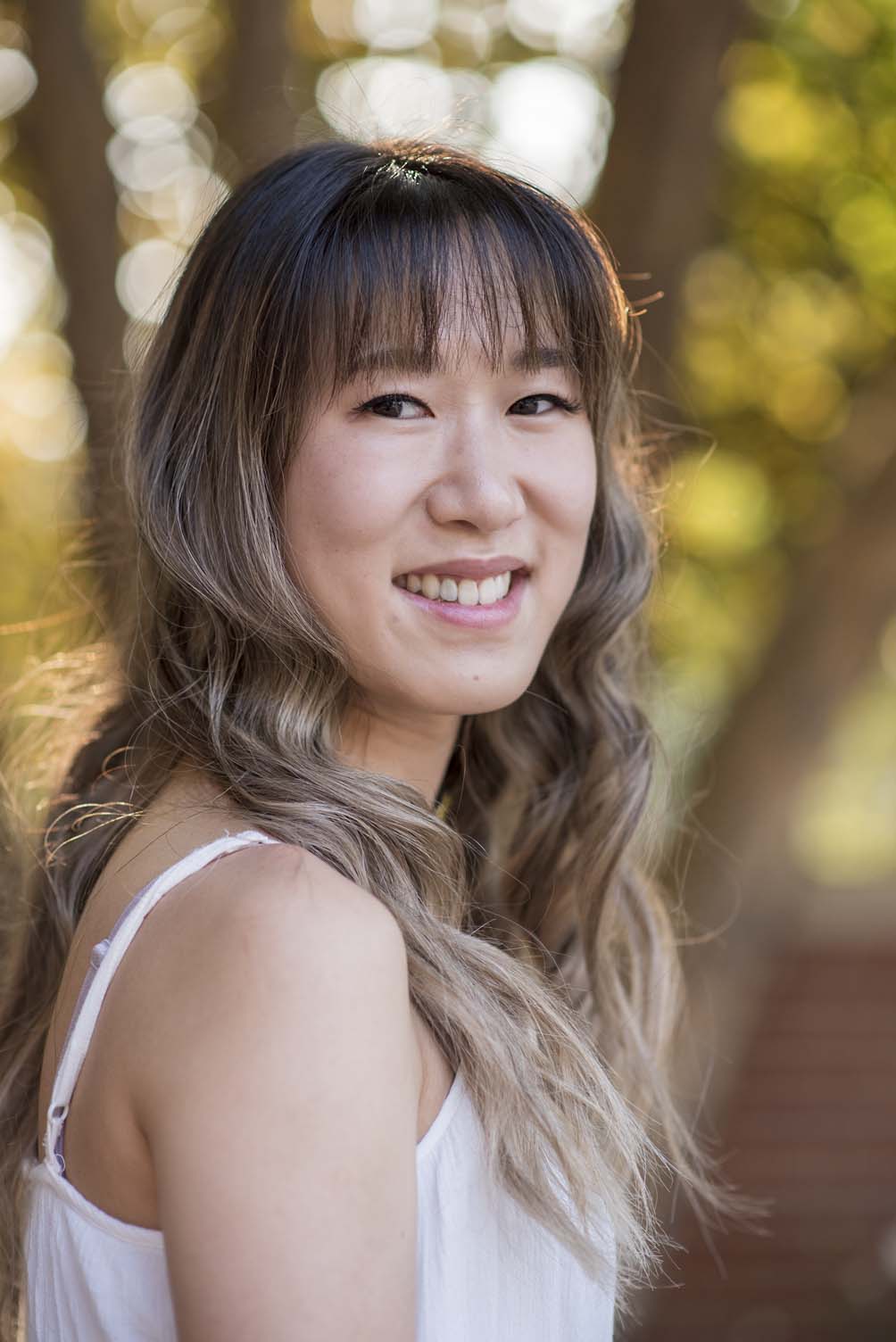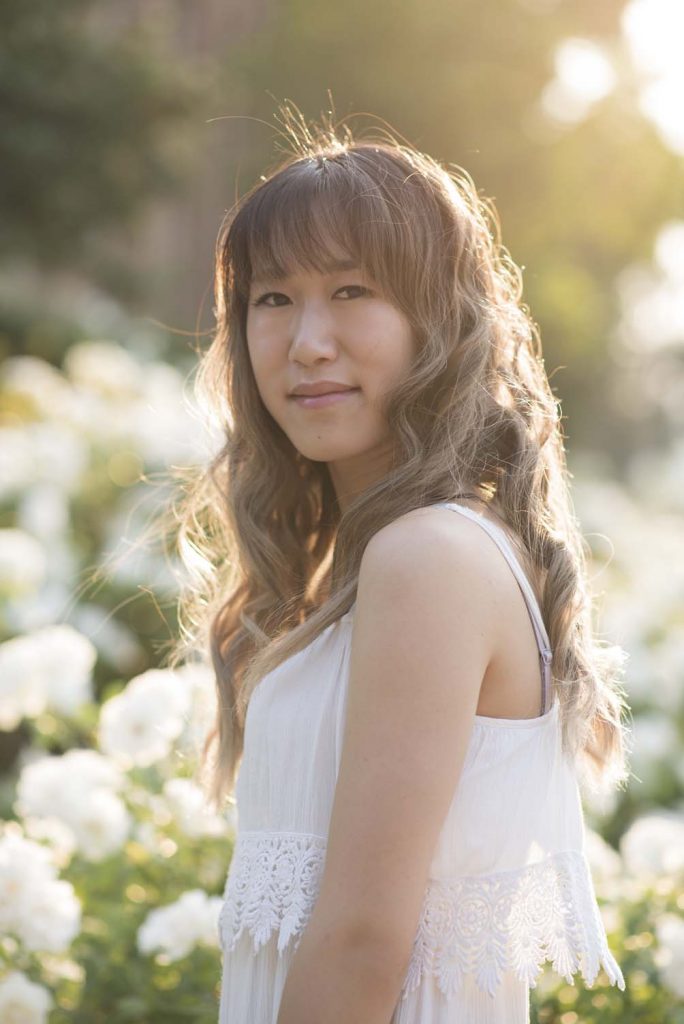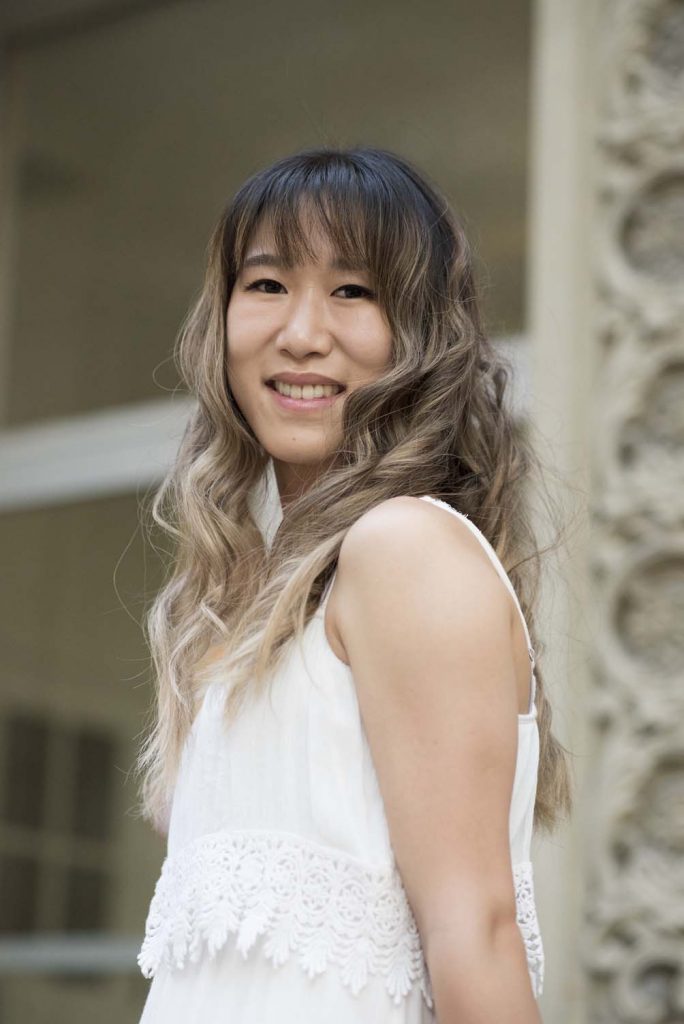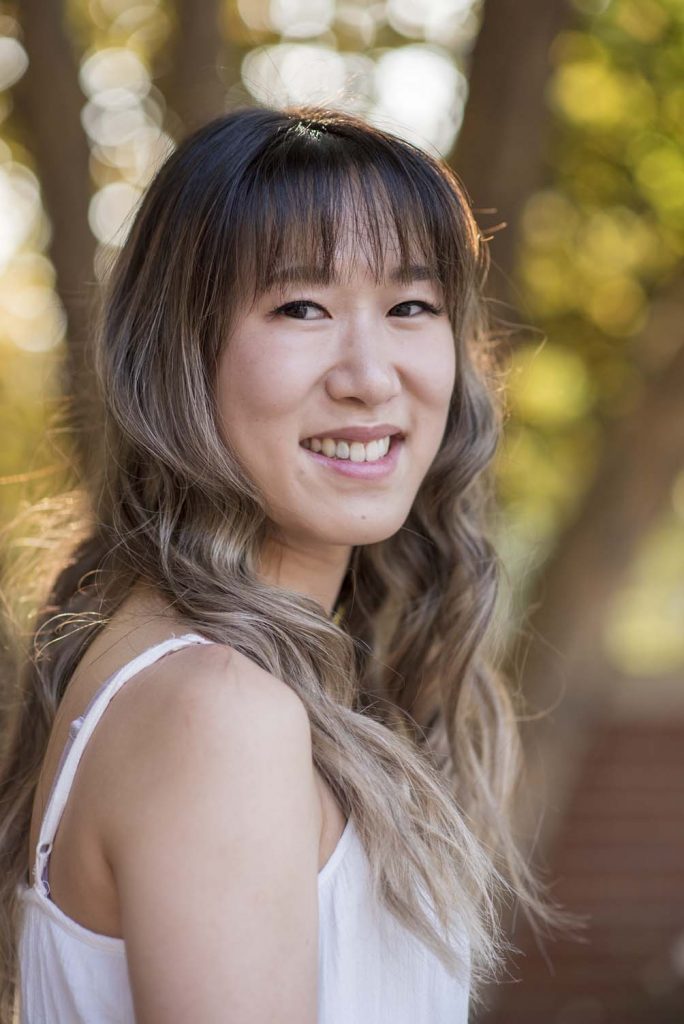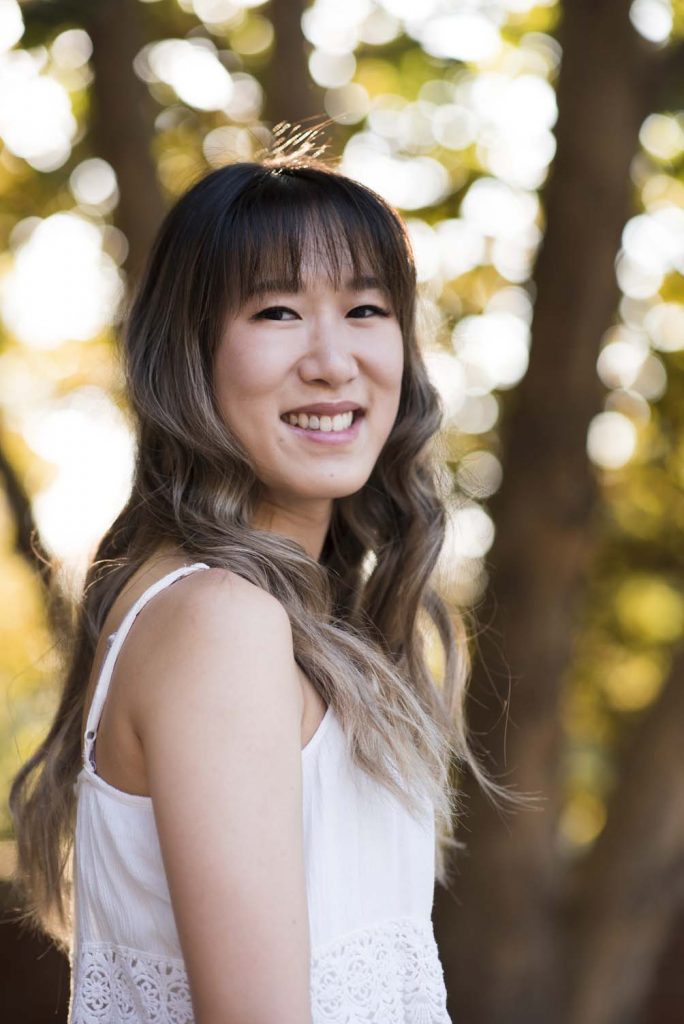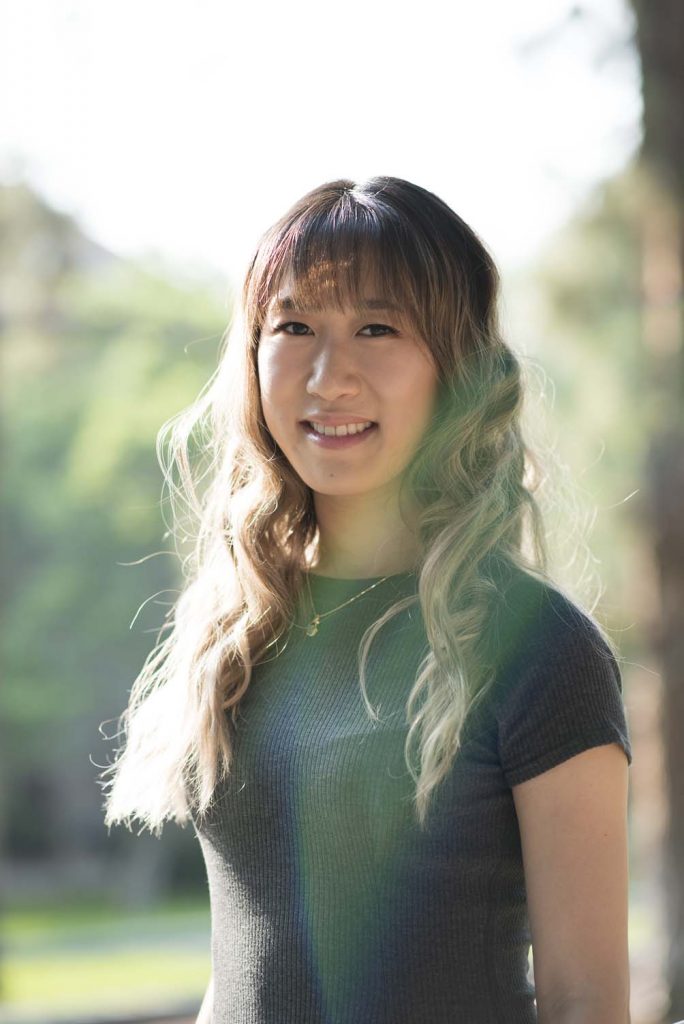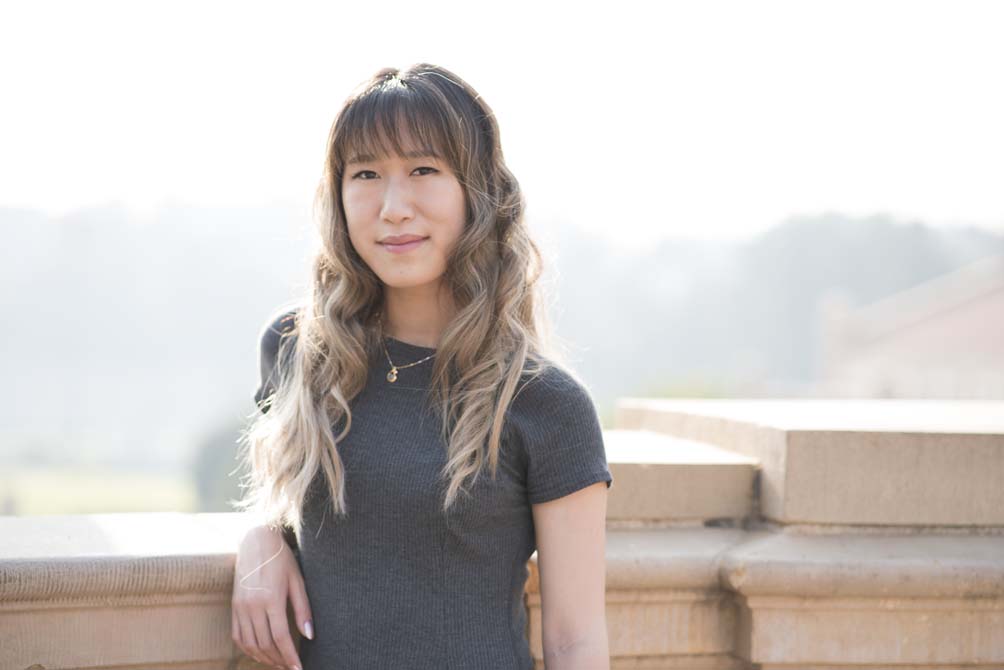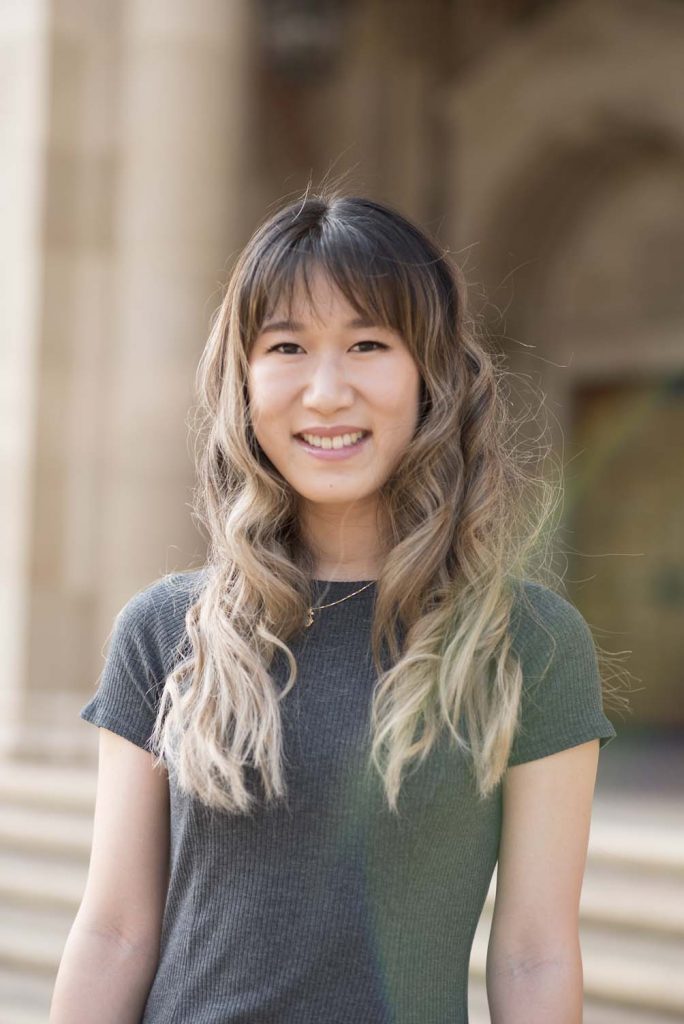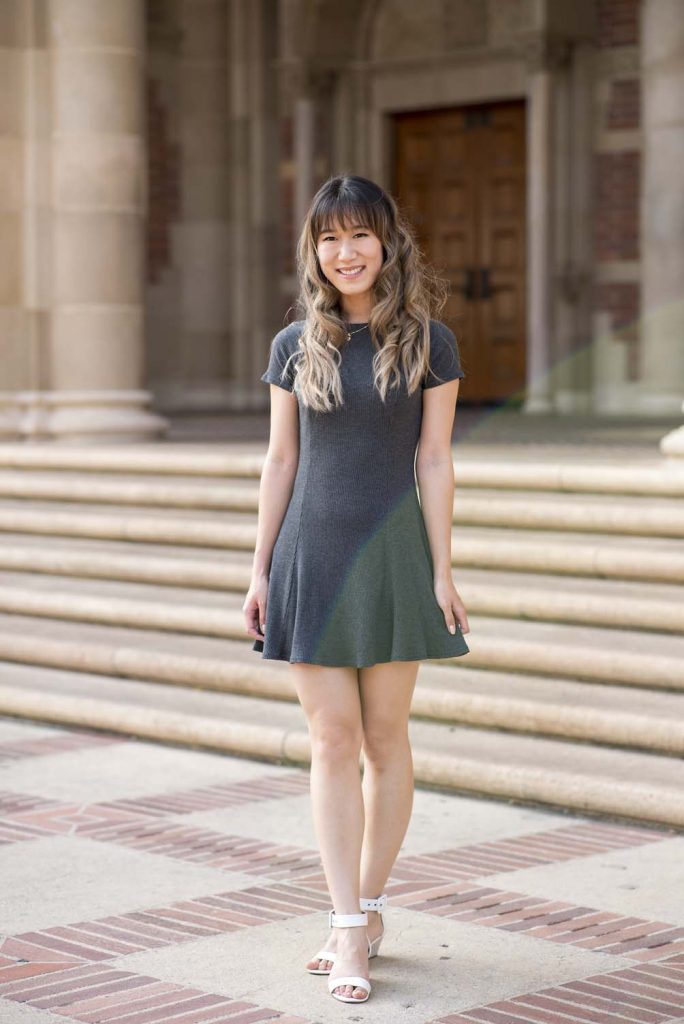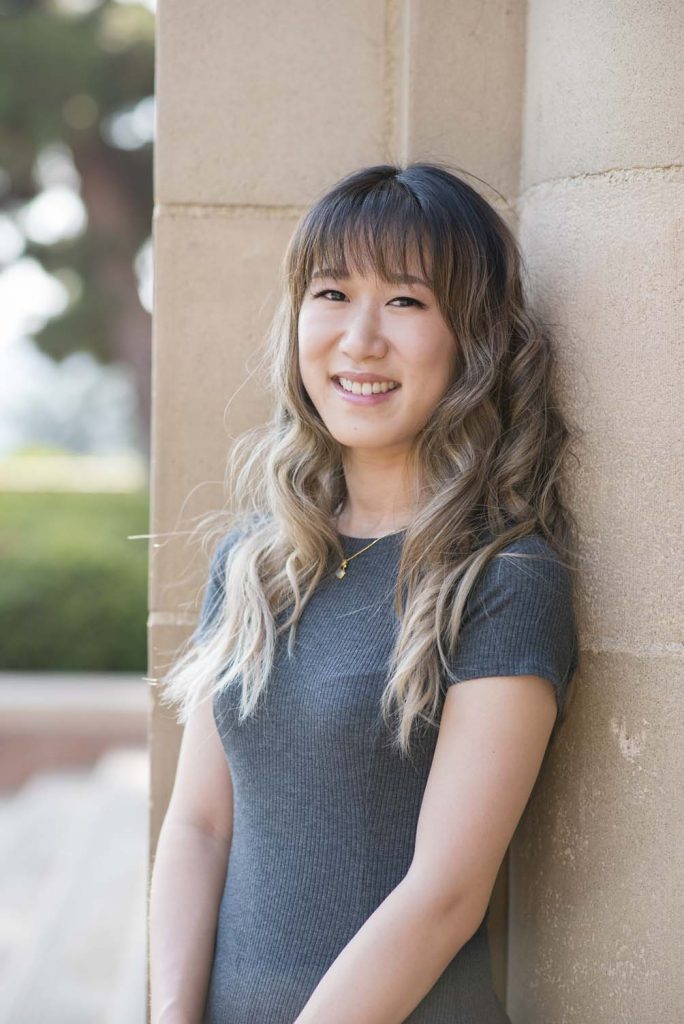Coming from a small town in China, Diane Zhao never thought that she would eventually become a student at one of the most prestigious public universities in the United States. Upon beginning her studies at UCLA, Zhao had to learn English, a “seemingly impossible task,” in addition to facing the same challenges other students do in getting adjusted to the college experience.
“I entered UCLA with countless worries and hopes for the next four years ahead. Even as someone who moved around different continents growing up, a new school with numerous uncertainties was still intimidating. I didn’t know what friendships I’d experience, knowledge I’d gain, memories I’d make,” Zhao recalled.
However, impressed by the campus and the university as an institution, Zhao was ready to clear such barriers, describing her initial perception of UCLA as being “new and exciting; the possibilities seemed endless,” and was thrilled at the prospect of being taught by “renowned professors and incredible research opportunities.”
Zhao’s choice of a career, specifically focusing on cancer research, was deeply personal. In her sophomore year, Zhao’s grandfather, whom she describes as “the closest thing I had to a father,” got diagnosed with stage-four pancreatic cancer, in addition to “heartbreaking battles with the condition” other family members had experienced. She then began pursuing her interest by joining the Asian Pacific Health Corps (APHC), feeling that her experience in foreign languages and dealing with other cultures made her suitable for the organization. Zhao’s efforts and passion were quickly noticed by the APHC, and she soon became the only freshman in the organization to assume a position as a director, one she would keep for the next three years. Throughout her time on campus, Zhao would continue her participation in on-campus organizations, taking leadership roles in Collaboration in Undergraduate Enrichment and the International Circle of Genetics Studies. Zhao credits her time in these organizations as leading her “to become stronger and more determined in my efforts to achieve my goals.” Throughout her time at UCLA, Zhao additionally maintained a formidable academic record, earning a GPA of 3.944.
Despite her successes on campus, such efforts were not without difficulties. “During my freshman year, I got rejected from countless clubs and felt myself lose hope of accessing the resources that I craved but didn’t have in high school,” Zhao recalls, and additionally cites how annual family visits to China and Zimbabwe prevented her from taking important research opportunities. “Through all the rejections I received, there were definitely times when I felt like I did not belong here at the number one public university in the U.S.,” she said.
Zhao’s academic and career progress were further threatened with the tragedy of a close friend’s suicide attempt in winter quarter of her senior year, requiring her to spend over a month caring for her friend in the hospital. However, this personal tragedy only further confirmed the importance of her work, not only in scientific research, but in caring for patients directly. “I prepared meals for her, contacted her professors, and visited her for hours everyday while completing all my club and work responsibilities. I did not have a cure for her mental illness, but I could provide her compassion and care to help heal the wounds on her heart,” adding that the experience gave her a “newfound confidence and strength within that helped me make important decisions and say the right words.” These monumental responsibilities were not to deter Zhou’s success; by the end of winter quarter, she had received a 4.0 GPA with a twenty-unit course load.
For newer Bruins, Zhao offers some key advice on succeeding as a student. “Wherever you are heading in the next four years, do not forget the True Bruin values of integrity, excellence, accountability, respect, and service. As a first generation immigrant, it took more than hard work for me to get to where I am today—it also took luck. I hope that every one of you, no matter what background you came from, can give back to underserved communities as much as possible, for not everyone had the luck that you had to get this far. I experienced professional failure, personal loss, and more pain than I could bear at times. However, UCLA not only helped me mature as a person, but it also provided me with a group of peers and mentors who held up the sky for me when I needed support. You are worthy of being a Bruin. You are here because you deserve it, and no matter what challenges are ahead of you, do not forget who you are.”

